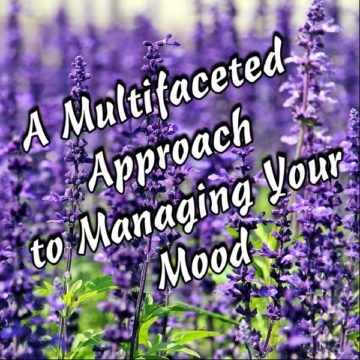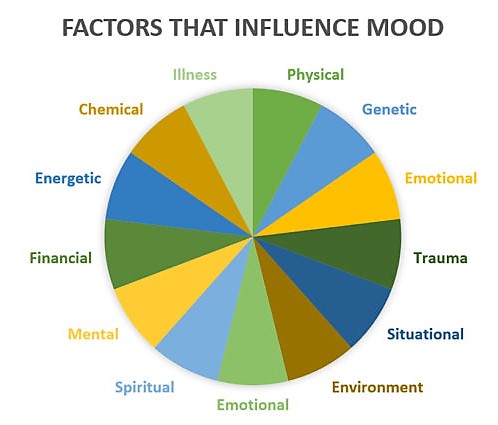
Adding Essentials To Your Toolbox
When I am working at the computer, I wish that I could be in a yoga pose with an easy meditative awareness! Wouldn’t that make things a breeze? Sadly, that is not possible, so I stop to take breaks and deep breaths – which help. Another important essential for me is my cache of Essential oils. They have sincerely become my “I-can’t-do-my-yoga-practice-because-my-mind-needs-to-be-on-something-else” yoga. I’ve got Motivate to lift my spirits and Serenity to help me calm down. I use them in the office, in the car, on the airplane, for sleep, and even on my yoga mat. Yes, essential oils help make my life a little sweeter.

When I was a teenager, I was a bit of a goofball, as you can see. And I was suffering quite a bit. I was severely anxious, didn’t sleep well, and had terrible eczema outbreaks. Even the prescribed steroid cream did not alleviate my discomfort or make a difference. I read that Lavender oil was good for eczema, so I tried it out. The oil was so soothing on my poor hands, and within days it helped ease the outbreak (it took years and many changes to get rid of my eczema). With my first sniff of the lavender oil, I felt something
I share this with you because factors governing our moods are complex and multifaceted; the best treatment plans reflect this. As I reflected on the potential influences on our moods and energy, many emerged. Each of us is unique, you could probably add to this list. We all experience these influences in different intensities and ratios. At the end of the day, these all cause stress in the brain.

The stress response in the brain is controlled by the limbic system. Simply put, this determines things like our heart rate, blood pressure, digestion, breath rate, and more. The more stress we experience, the more our brains become hardwired to be stressed out; literally there are structural and biochemical changes in the brain that make us more susceptible to stress. We need tools to help us turn off the stress response switch in the brain.
LifeForce Yoga is committed to helping you find the tools you need to support your self-healing journey. Our toolboxes need to be as multifaceted as the issues that impact our moods. No one thing heals all issues and we need as much support as we can get! Essential oils are another piece of the wellness pie!
This is where practices like yoga, exercise, and meditation come in. This is also where essential oils can have the greatest (positive) influence. We smell an oil, like Wild Orange, and it triggers the calm brain effect, which turns off the stress response. Something as simple as a pleasant smell can change our outlook!
A perfect example of this is a study that was conducted in the Emergency Room at Vanderbilt University Hospital, in Nashville, TN. Hospital administrators wanted to improve the smell and atmosphere of the hospital, while decreasing stress and increasing energy for staff. What they found was astonishing. After the study, 3% said they were stressed out at work, compared to 41% before. Only 6% said they were frustrated at work, compared with 60% before. Imagine how much your mood and energy might shift if your environment had an uplifting scent.
We will be featuring articles about essential oils, their affect on the mood, and ways to incorporate the oils into your life. If you would like to learn more or have a free consultation about which oils would fit best in your wellness plan, send us an email, rose@yogafordepression.com.
